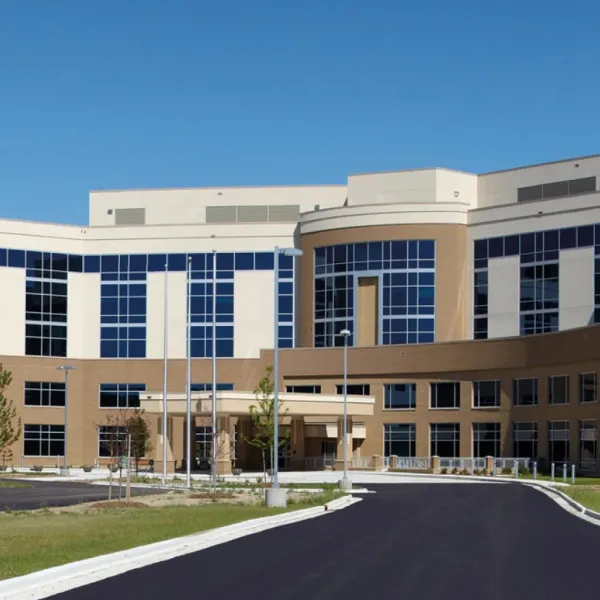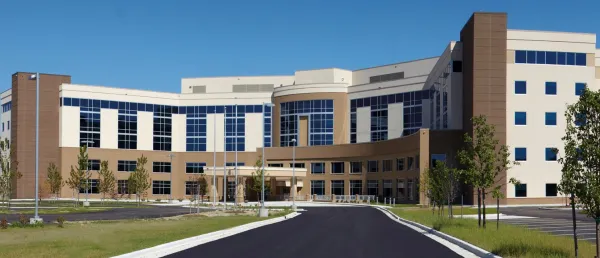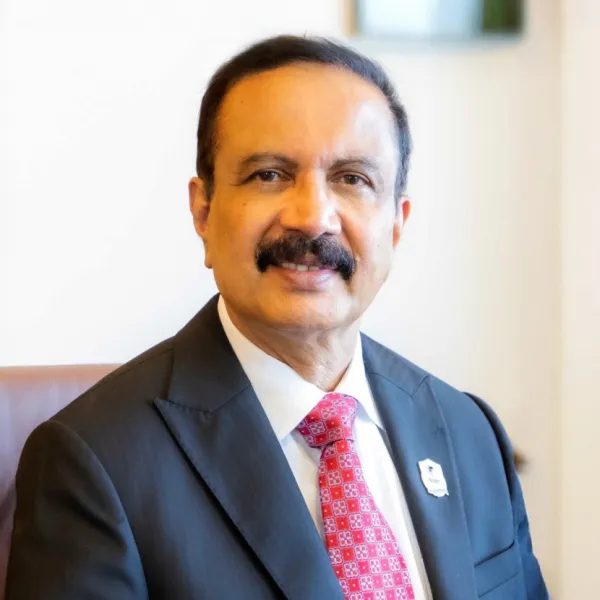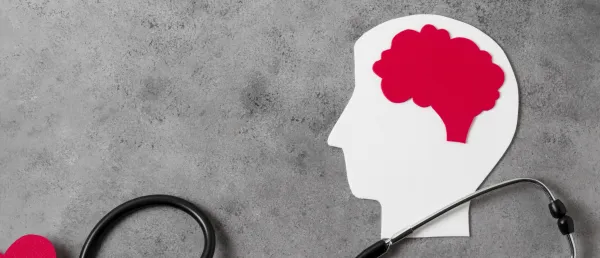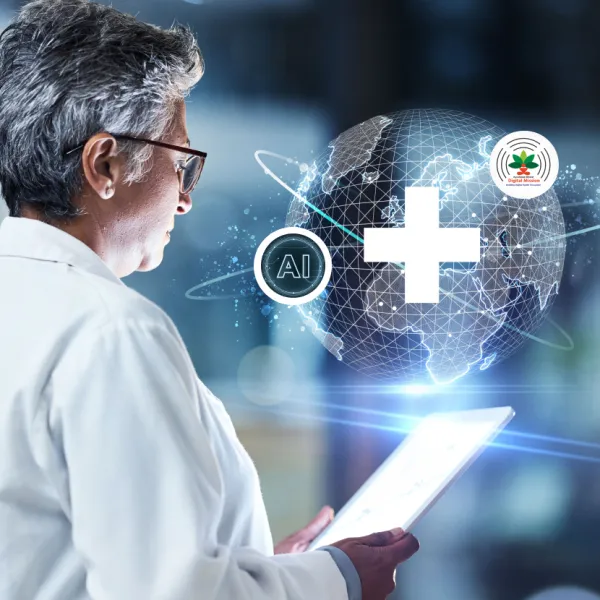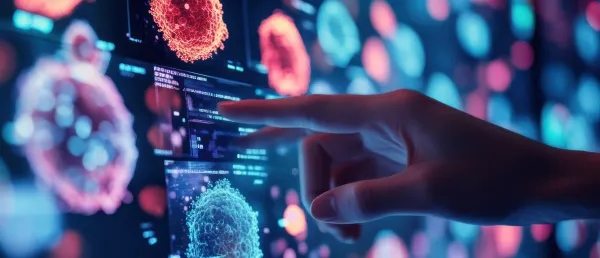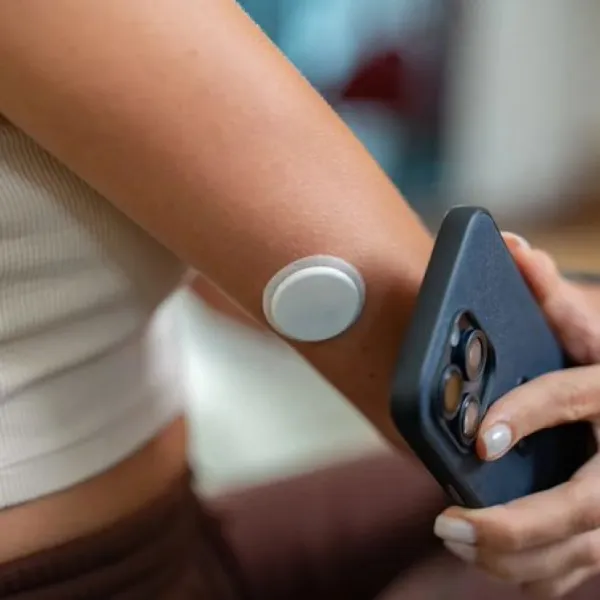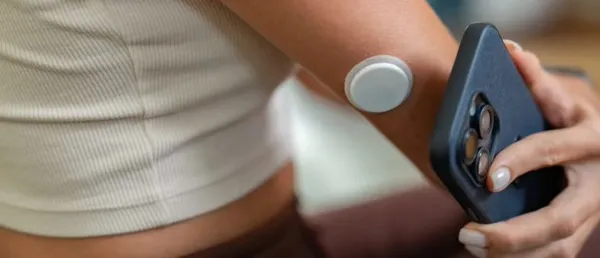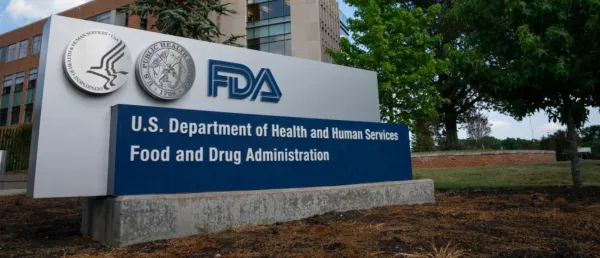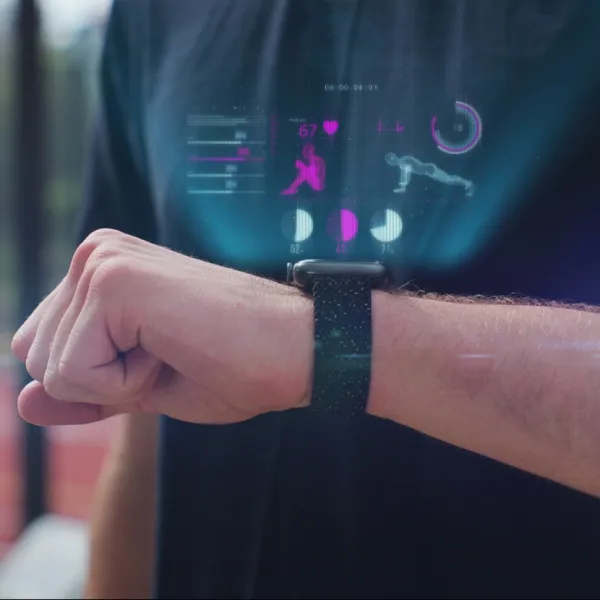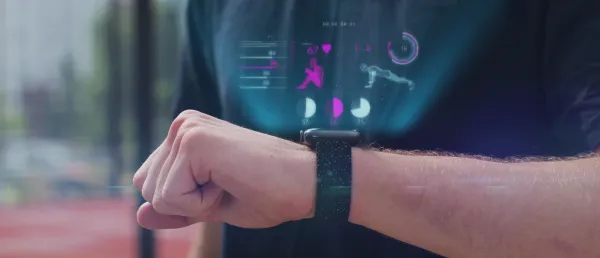AIIMS Treats 1st Patient in GRASSROOT Trial to Test Advanced Stroke Treatment Device

The trial, named the “Gravity Stent-Retriever System for Reperfusion of Large Vessel Occlusion Stroke Trial,” marks a significant step in addressing the unmet needs of stroke patients in India.
The All India Institute of Medical Sciences (AIIMS) in New Delhi has initiated the GRASSROOT clinical trial, aiming to evaluate an advanced stent-retriever designed specifically for the treatment of large vessel occlusion strokes.
The trial, named the “Gravity Stent-Retriever System for Reperfusion of Large Vessel Occlusion Stroke Trial,” marks a significant step in addressing the unmet needs of stroke patients in India.
Dr Shailesh Gaikwad, Professor and Head of Neuroimaging and Interventional Neuroradiology at AIIMS, noted the potential impact of this device, stating, “Given India’s significant unmet needs in interventional stroke treatment, we are excited to assess this advanced, next-generation stent-retriever technology.” He added that the goal of the trial is to improve stroke outcomes and elevate stroke care standards not just within India but globally.
Tackling Unique Stroke Challenges in India
The device, a next-generation stent-retriever, has been developed to address the specific characteristics of stroke clots commonly seen in the Indian population. With input from both Indian and international medical experts, the device is designed to swiftly and effectively restore blood flow to the brain, targeting faster recovery and improved survival rates.
Cost-effectiveness was a central factor in its design, aiming to broaden access to life-saving treatment in India, where stroke treatment remains a critical challenge.
India has a high stroke incidence rate, with more than 375,000 eligible stroke patients annually.
However, only about 4,500 patients receive mechanical thrombectomy, a standard procedure for treating certain types of strokes. This gap highlights the urgency for advanced and accessible treatment options, especially as stroke remains a significant health concern in the country.
“India, with its 1.45 billion population, urgently needs more accessible stroke treatments. For India to fully realize its demographic dividend, prioritizing healthcare, particularly stroke treatment, is essential,” said Dr Shashvat Desai, Chief of R&D at Gravity.
National Collaboration for Comprehensive Testing
Launched on August 15, 2024, the GRASSROOT trial spans 16 hospitals across India, including AIIMS New Delhi and Jawaharlal Institute of Postgraduate Medical Education & Research (JIPMER), Pondicherry.
This comprehensive trial network will provide robust data on the device’s effectiveness across diverse patient populations, essential for its potential future implementation.
Dr Deepti Vibha, a leading neurologist at AIIMS, led the team that treated the first patient under this trial. Commenting on the achievement, she stated, “We are confident that the GRASSROOT trial will usher in a new era of stroke care in India and beyond.”
Dr Dileep Yavagal, the trial’s global Principal Investigator and Professor of Neurology at the University of Miami, highlighted the importance of affordable stroke treatment devices.
“Making affordable stroke treatment devices accessible is essential for India to tackle the devastating long-term impact of stroke,” she noted.
Device Potentially Transformative for Stroke Care
Dr Kalpesh Shah, an interventional neurosurgeon at Zydus Hospital in Ahmedabad and one of the first physicians to use the new device, commented on its role in stroke care, saying, “With rising demand for stroke thrombectomy, these novel devices will increase global access to safe and effective stroke treatment.”
As the GRASSROOT trial moves forward, it will provide critical insights into the efficacy and safety of this stent-retriever for India’s stroke patients.
Stay tuned for more such updates on Digital Health News







